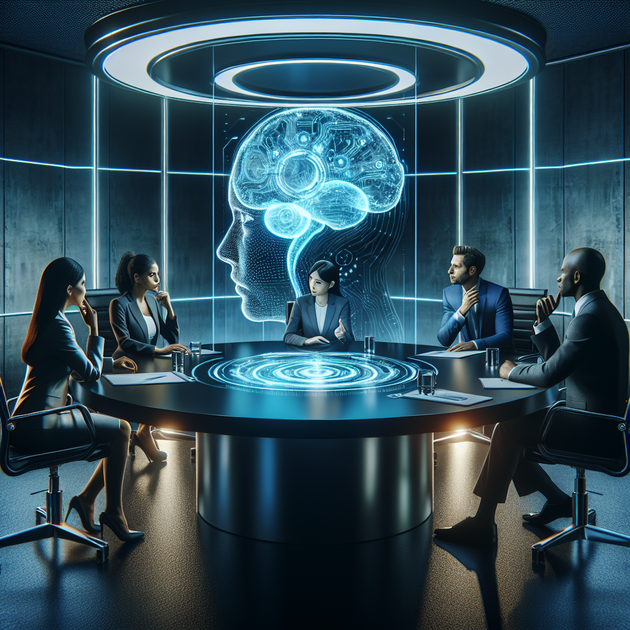Have you ever heard someone compare tech regulations to hastening the end of days? That’s exactly what happened when billionaire investor and Palantir co-founder Peter Thiel claimed that “regulating AI hastens the Antichrist.” It’s a statement that raised more than a few eyebrows across Silicon Valley and beyond.
Let’s break down what Thiel meant by this controversial claim about regulating AI, why he believes it’s dangerous, and what it means for how we approach artificial intelligence in our everyday lives.
What Did Peter Thiel Really Say About Regulating AI?
Peter Thiel isn’t exactly shy when it comes to bold opinions. This time around, at a public event (as shared on Reddit), he suggested that efforts to regulate artificial intelligence might actually speed up something as ominous as “the Antichrist”—a metaphor he uses for humanity losing control over powerful technology.
His main point? By putting too many rules on how AI develops, governments or big organizations might push innovation underground or consolidate power in ways that are even harder to control. In other words, regulation could backfire and make things worse instead of safer.
Why Is There So Much Debate Over Regulating AI?
Artificial Intelligence is moving fast—maybe faster than regulators can keep up with. On one side of the debate, you’ve got folks who worry about everything from job losses to existential threats posed by super-intelligent machines. They argue that strong guardrails are needed before things get out of hand.
On the flip side are people like Peter Thiel. Here’s their argument in a nutshell:
- Overregulation can stifle innovation and slow down useful progress.
- Too much government control can lead to abuse of power.
- Bureaucratic red tape may push development into secretive or less ethical hands.
- Rapidly changing tech is hard to regulate without unintended consequences.
- Big companies benefit most from complex regulations—they have resources to comply while startups struggle.
So while some say “lock it down,” others warn that heavy-handed rules could create even bigger problems.
The “Antichrist” Metaphor—What’s Behind It?
Thiel’s use of “the Antichrist” isn’t about literal biblical prophecy—it’s more about describing a worst-case scenario where humans lose control over their own creations. He sees regulation not as a safety net but as a risk factor if it leads to concentration of power or secrecy around advanced technology.
Let me share an anecdote from a recent tech conference I attended. A panelist mentioned how overly strict internet regulations in some countries led many young programmers to work around restrictions—and sometimes even join black markets for software development. The lesson? When you clamp down too hard, creative minds often find less desirable outlets for their talents. That’s the kind of unintended consequence Thiel is worried about with regulating AI.
What Should We Do Instead—And Who Gets To Decide?
There’s no question that artificial intelligence needs some kind of oversight—but how much is too much? And who gets to make those decisions?
Some experts suggest focusing on transparency and collaboration between governments, private companies, and independent researchers rather than sweeping regulations. Others advocate for international standards so no single country or company can go rogue with powerful new technologies.
At the end of the day, keeping all voices at the table seems crucial. If we rush into rigid rules without understanding both risks and opportunities—or hand all control to just a few powerful players—we might create exactly the kind of situation that worries both sides of this debate.
So here’s my question for you: In trying to keep artificial intelligence safe through regulation, could we accidentally make things worse? Or is strong oversight our best shot at steering clear of disaster?

Leave a Reply